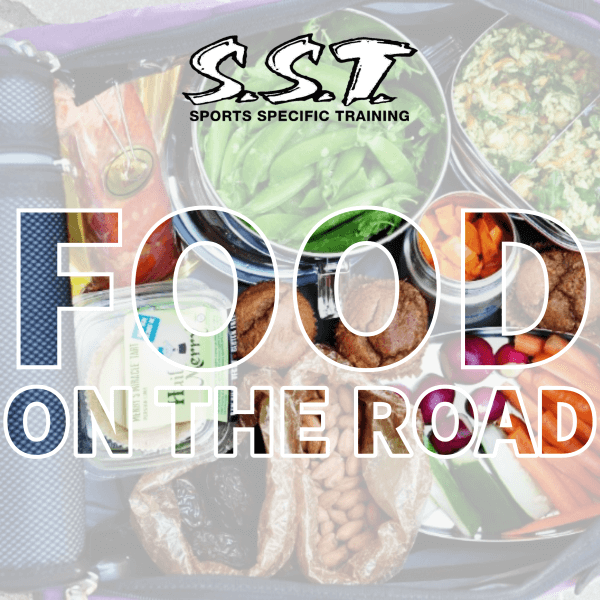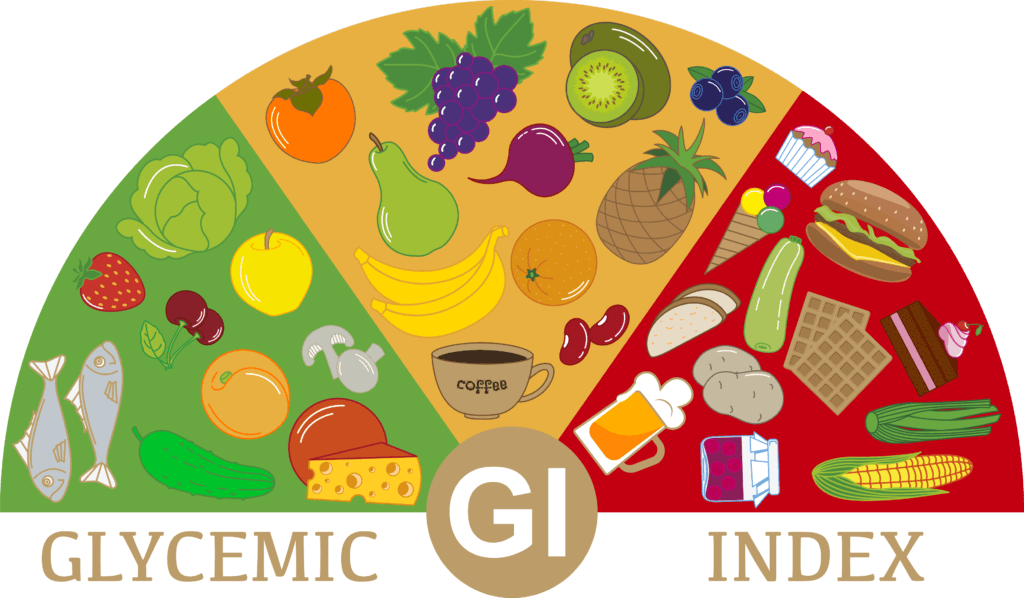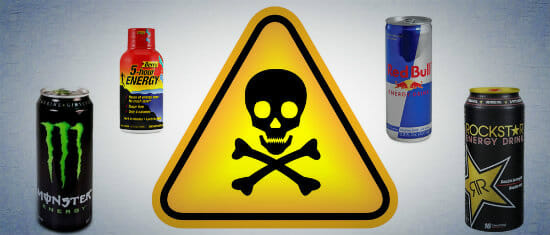In case you missed the beginning of this series: PART 1, PART 2 & PART 3
In Part 2 of our sports nutrition on the road series we spoke about Low- and High-GI Carbs, but what are there? And why do they matter to you performance?
Carbohydrates are important for athletes because they provide you with your main source of energy for exercise and competition. Without an adequate supply of carbs your performance can be severely limited. The Glycemic Index (GI) is an index of foods with different kinds of carbohydrates; complex, simple, etc. Foods are generally rate as “Low GI” or “High GI” based on the speed at which carbohydrates are absorbed by the body.
Low GI Foods are rich in fiber, and have carbs that absorb slowly and take a longer time to deliver glucose to your blood and glycogen to your working muscles
- Eat these the night before games and at your pre-game meals
- Potatoes (preferably sweet potatoes)
- Pasta (Whole wheat)
- Beans and nuts (not peanuts)
- Rice/Grains (wild rice, quinoa, barley)
- Fruits -apples/pears/cherries/grapefruit/bananas/pineapple
- Vegetables – carrots/broccoli/mushrooms/peppers/tomatoes
High GI Foods consist of sugars and starches, and have carbs that absorb rapidly and deliver glucose to your blood and glycogen to your muscles quickly
- Eat these within the first 12 hours after competition to reload the tank quickly
- Some may also be eaten within the last 30-60 minutes before competition, at halftime, or between innings/periods
- Baked potatoes
- Corn chips/rice cakes/pretzels
- Brown rice/Jasmine long grain white rice
- Cereals (corn and oat-based)
- Sweetened fruit drinks/dried fruits/watermelon
- Sports Bars or Drinks
Energy Drinks
Energy drink such as Red Bull, Monster, Rockstar, Amp, etc. contain incredibly high levels of caffeine, other stimulants, and huge amounts of sugar. They DO NOT provide any kind of sustained energy you need for an athletic competition and can actually have the opposite effect. Energy drinks can actually promote poor sleeping habits, caffeine/sugar crashes, and nutrient wasting by stealing your appetite from healthy foods.
Because these drinks are caffeine laden they also have a significant effect on dehydration as well as raise your heart rate and blood pressure. If you are in a sport in which randomized drug testing is common place these drinks can also exceed the legal caffeine limits set by CESP and WADA.
These are all things you definitely want to avoid on game day!
If you found this info useful be sure to share it with a friend!
For more info on this topic email Courtney (cplewes@sstcanada.com)



